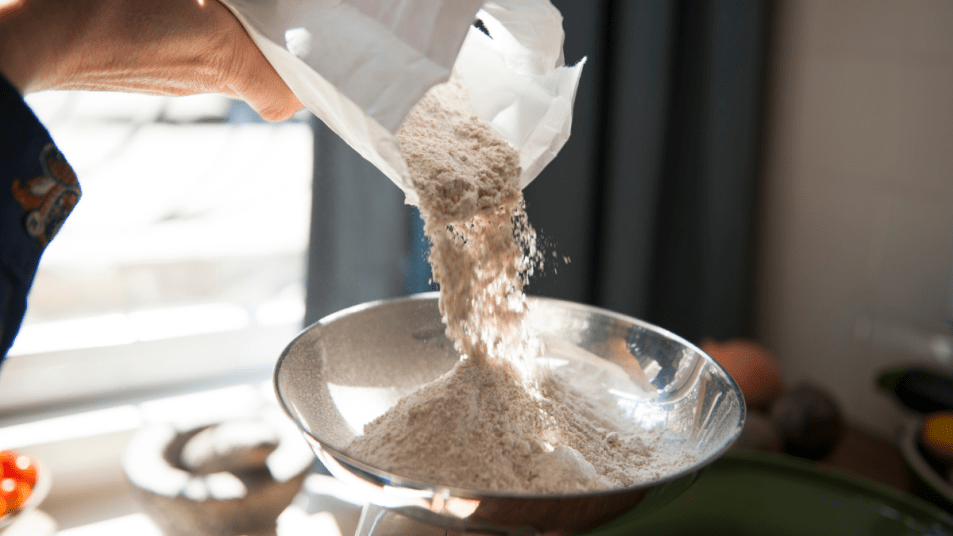Yes, Your Flour Does Expire — Here’s Why You Need to Check

Flour is one of the most common pantry staples out there, and yet there’s a simple question that many people can’t answer about it: Does flour expire? The short answer is yes — but there’s a lot more you need to know about it.
When does flour expire?
While flour has an incredibly long shelf life compared to other products you find in the grocery store, it’s at its freshest in its first three to eight months after it’s purchased.
It won’t suddenly become unusable a day after that date range, but you may begin to notice incremental shifts after that point. Its molecular structure starts to slowly break down, and it might begin to taste stale and interact with other ingredients differently than usual, in some cases making it harder to cook or bake with.
What happens if it goes bad?
When flour starts to expire, it can often give a slightly sour taste to whatever you’re cooking or even develop into clumps as opposed to keeping its smooth texture.
More importantly is the fact that some flour does turn moldy after a certain point — especially if it’s not properly stored somewhere dry — and you don’t want to inadvertently cook mold into your food or ingest it. If this happens though, the good news is that the situation probably won’t be anywhere close to life-threatening, but you certainly won’t enjoy tasting something sour or getting a stomachache later!
How can you tell if flour has expired?
Luckily, there are easy ways to protect your flour and to keep an eye on if it’s going bad. First and foremost, make sure you’re sealing it in an air-tight container or jar so that no additional moisture gets in, which can accelerate the expiration process. Store it in a cool, dry, and dark part of your kitchen that isn’t in direct sunlight to avoid ongoing heat exposure.
Keep in mind that whole wheat and other natural flours (like chickpea or almond) will deteriorate faster, while all-purpose or white flours tend to last longer due to how much more processed they are to extend their shelf lives. You can also store it in your freezer for up to a year if you know you won’t need it soon.
Lastly, give your flour a look and a whiff from time to time, especially if you know you’re beyond that initial three-to-eight-month freshness window. If the flour is starting to look discolored compared to when you bought it, or it smells a little sour or even rancid, it could be time to throw it out and start fresh.
While it may seem like a pain to keep track of such a ubiquitous pantry staple that never seems to change, your food will thank you!
















